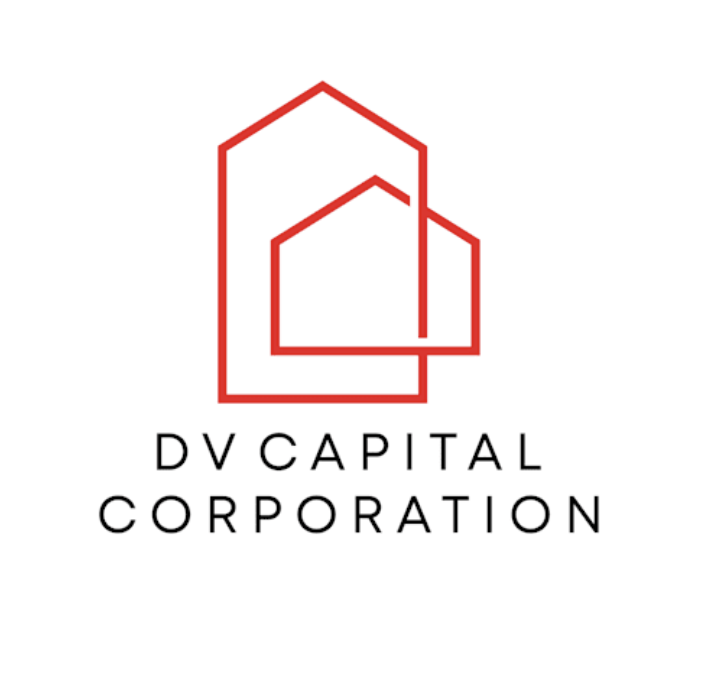Q1 2023: Canadian Mortgage Market

Introduction.
Welcome to DV Capital’s Q1 2023 – Canadian Mortgage Market insights. For Canadian mortgage borrowers that purchased or refinanced their home at the 2022 market peak, particularly borrowers with a variable rate mortgage or that obtained short-term financing from an alternative or private mortgage lender with the game plan of converting to a traditional mortgage product in the near future, it is safe to say that a portion of this borrower segment is feeling turbulence.
Variable Rate Mortgages.


Alternative 'B Lender' Mortgages.
For alternative and private mortgage borrowers who purchased or refinanced at market peak to access home equity or enter a heated real estate market with lower interest rates than they are today, there are multiple layers of issues that this borrower segment is facing. These short-term mortgage products are a stepping-stone to graduate to traditional financing. Many borrowers have found that the hurdle to do so has naturally increased due to an increasing interest rate environment. Borrowers who have made orderly mortgage payments during their mortgage term have received renewal offers at much higher interest rates. In some cases, many are unable to convert their mortgage to a traditional mortgage product as initially planned and fear that they cannot afford the mortgage renewal payments and are opting to list and sell their property; depending on the property location, there may be a value decline from the purchase price which can result in little to no net-equity, especially once factoring in purchase and sale transactional costs.
Private Mortgages.



In Summary.


